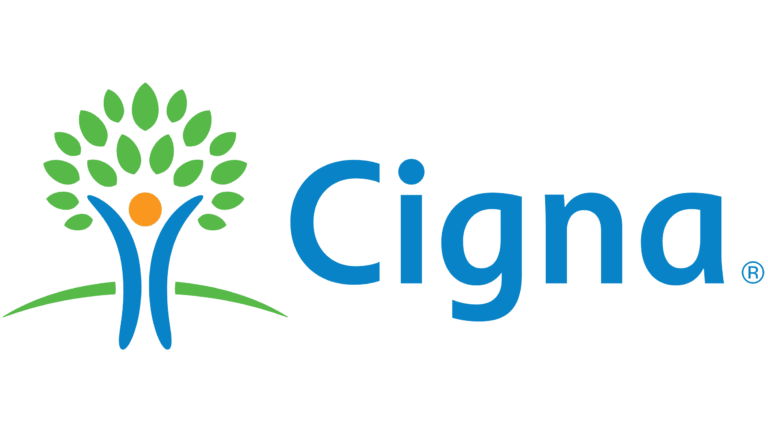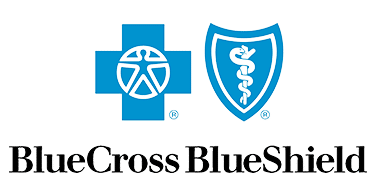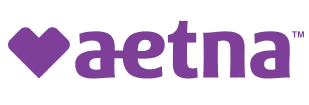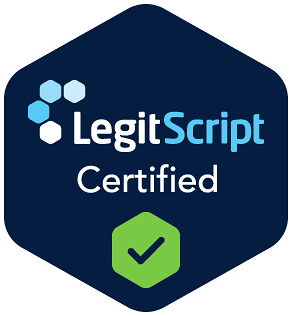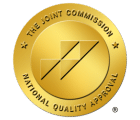Drug use in the U.S. – Statistic
-
Number of people in the U.S. that used cocaine in their lifetime as of 2017: 40,550,000
-
Number of Americans with a heroin dependence in 2017: 652,000
-
Lifetime prevalence of teen drug use of any illicit drug for grades 8,10, and 12 in the U.S in 2017: 33.4%
-
Number of male drug overdose deaths in the U.S. in 2017: 46,552
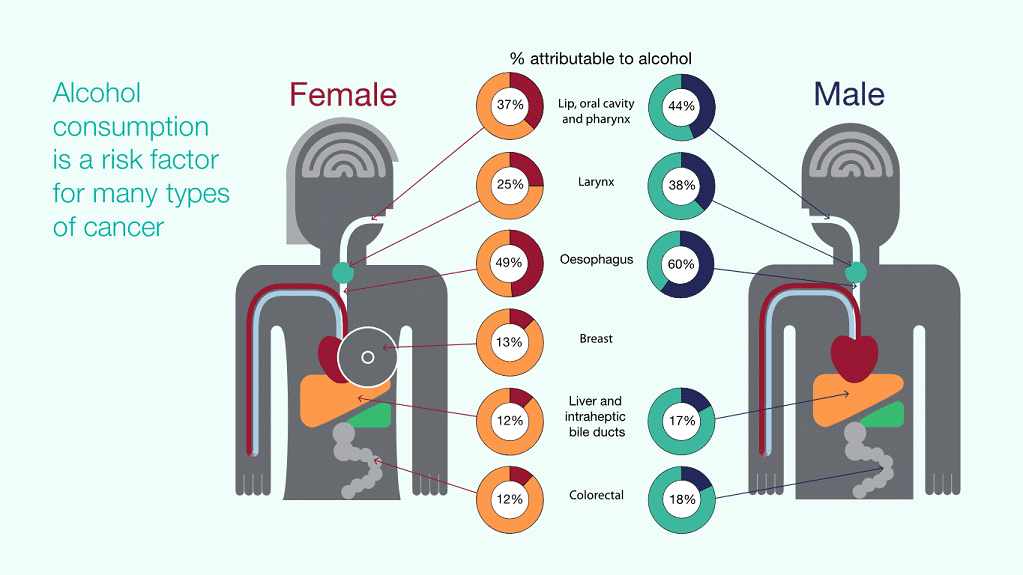
Alcohol use in U.S. – Statistic
-
Percentage of students in grades 8,10 and 12 who had used alcohol in their lifetime in 2017: 41.7%
-
Percentage of males aged 18-25 who binge drank in the last month in 2017: 38.3%
-
Percentage of females aged 12-20 who binge drank in the last month in 2017: 11.9%
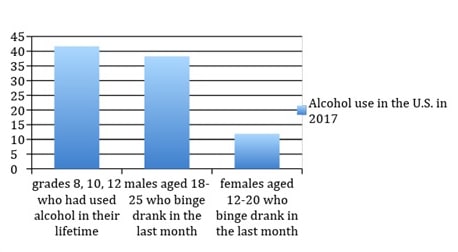
Around twenty-three million Americans are currently addicted to alcohol and/or other drugs. Only one in 10 of them (2.6 million) receives the treatment they need.
The result: a treatment gap of more than 20 million Americans.
Detox vs. Rehab
The recovery process from an addiction is not simple nor does it happen overnight. Even though the complete process of resuming a normal life after an addiction will often require both detox and rehab, but they both have difference in their purpose and process. Many people use the word detox and rehab interchangeable. But each has its own benefits and goal, and understanding which one is right for you is important.
The purpose of a Detox facility
A Detox Center provides services that help you to eliminate toxins from your body that spread in your body through the bloodstream when drugs and alcohol is consumed for an extensive period of time. While detox is not a cure for addiction, it is an extremely necessary process in the fight against addiction. Getting rid of all drugs from the body is the foundation to becoming sober and/or drug free. These toxins are removed with the help of different detoxification treatments.
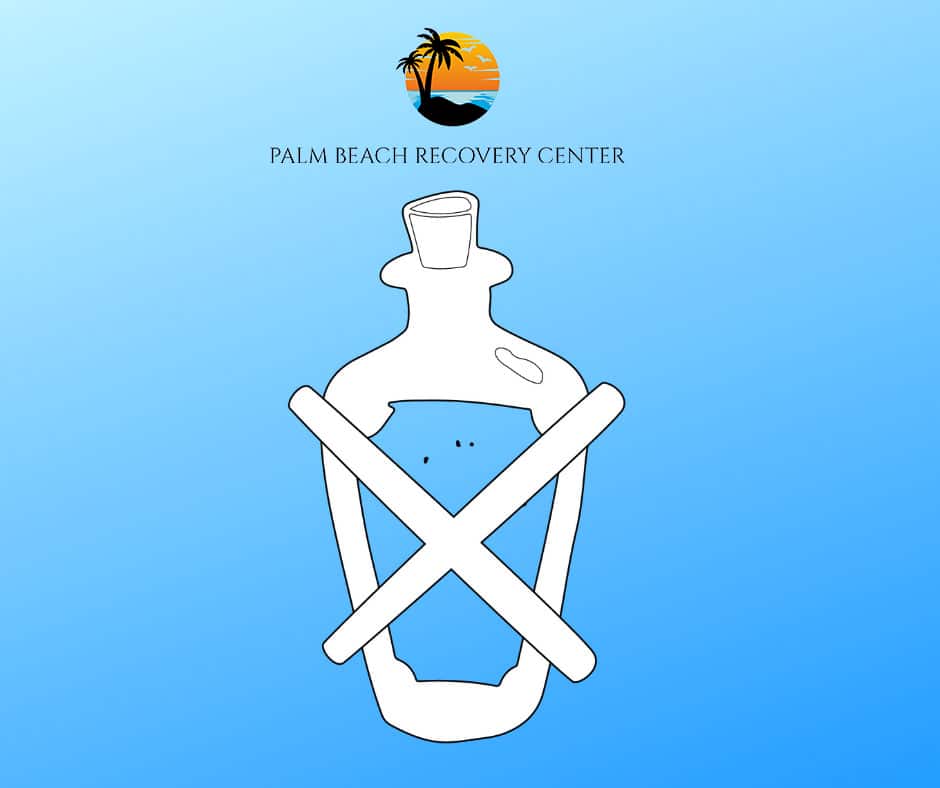
When should a person choose a detox center?
By any chance if you feel that you require drugs or alcohol for your body to feel normal, you likely need help. Overcoming addiction isn’t simply an issue of self-discipline, and halting “immediately” without any need of therapeutic help.
A person is suggested drug detox or alcohol detox if he/she is physically dependent on the addiction. It means that when a person suffering with addiction become severely dependent on drugs and/or alcohol, they have withdrawal symptoms when they suddenly stop drinking or having drugs.

These effects of withdrawal on their body and mind can be uncomfortable and dangerous. That’s where a detox facility comes in for your help.
These withdrawal symptoms are mild for some people but can be more severe for others.
The withdrawal symptoms a person may suffer from are
-
Insomnia or hypersomnia.
-
Nausea and vomiting.
-
Diarrhea and other gastrointestinal distress.
-
Lack of appetite
-
Irritability, Restlessness, anxiety and agitation.
-
Depression.
-
Strong drug cravings.
-
List Title Pain.
-
Hallucinations
-
Disorientation.
-
Seizure.
-
List Title
-
Elevated heart rate, increased blood pressure
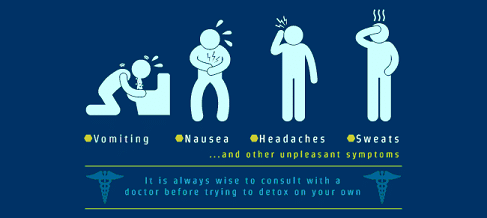
A detox treatment program along with alternative treatments provides a balance approach that gives you support to manage yourself through the withdrawal and you are under the care of medical professionals who help ease these manifestations and provides addition care for medicinal and psychological wellness. A detox program usually offers medications that make the process less stressful and increases your chances of getting through it without relapse.
Your symptoms may take more than seven days to normalize, and you might experience the worst period inside 24-72 hours.
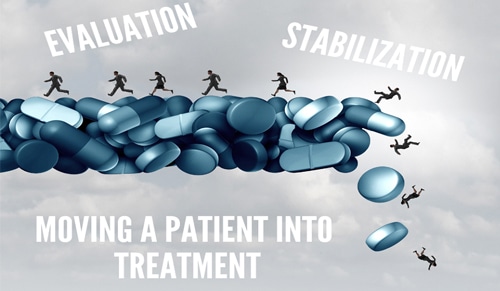
Phases of Detox
- Evaluation: This phase involves testing the addict for the presence of substances of abuse in the bloodstream, measuring their concentration, and screening for co-occurring mental and physical conditions.
- Stabilization: This phase includes the medical and psycho-social processes of assisting the patient through acute intoxication and withdrawal symptoms in order to attain a medically stable and substance-free state.
Motivating a patient into treatment: Typically this phase is about promoting further rehab treatments to increase the chances of sustained recovery following detox so you can learn to break your addiction.
What are the benefits of Detox treatment?
-
Cleans toxins from your body
-
Minimizes the pain and discomfort during the detox process
-
Lower down your anxiety and stress level
-
Improves your body immune system
-
Minimizes alcohol or drugs carving
-
Improves and gives ability to regain your controlled behavior
-
Helps to manage your withdrawal symptoms
Detox treatment Duration
Usually on average this treatment takes 3 to 10 days which is done under high medical supervision which involves treating the patient with compassion and understanding.
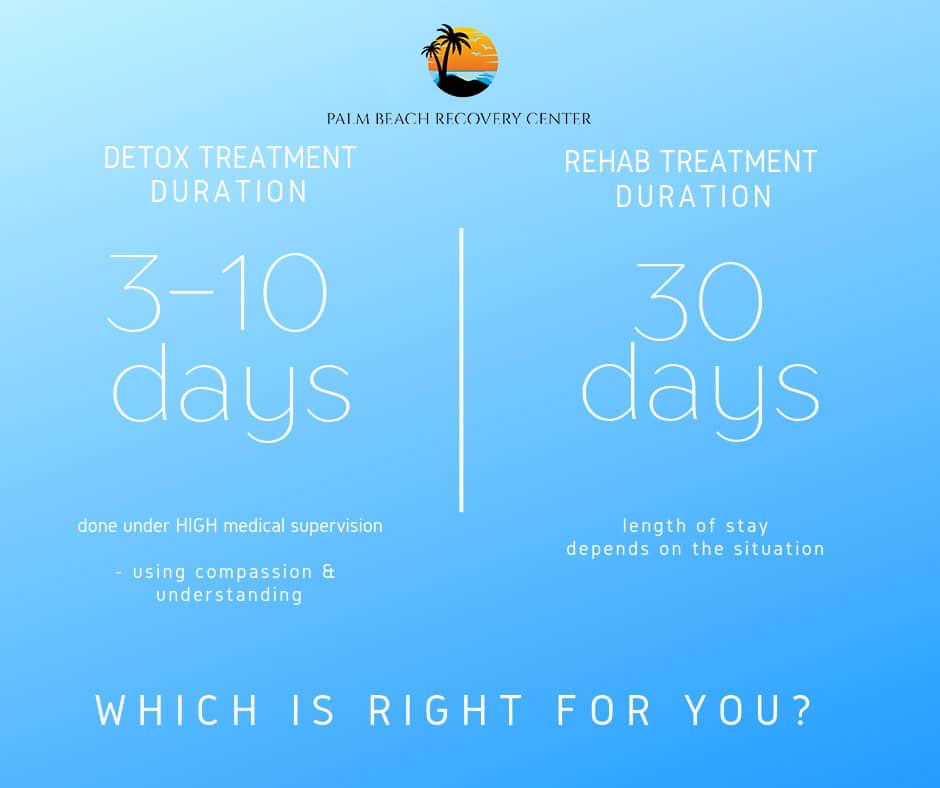
The purpose of a Rehab facility
As we know addiction affects the mind, body, and spirit, it is better suggested to seek a rehab facility that offers programs that addresses all these areas of life. Such rehabs or rehabilitation centers have a holistic view of addiction treatment and they are more effective in helping you regain total wellness. Because of the treatment program, the person will not only discover the root cause of his/her addiction and be able to learn relapse prevention skills but will also be able to learn healthy life habits that includes proper self-care.
Here the person will work on developing a strong support network and will be improving communication skills so that he/she will be able to rebuild broken relationships, which includes their family.
In short a Rehab focuses on counseling and education, that helps individuals stop using drugs and alcohols by making them understand their psychological dependence for the substance. Drug rehabs are outpatient and inpatient. Some drug rehab programs include a detox component while others do not.
When should a person choose a rehab center?
If you are not physically dependent, or your substance of choice does not require a medical detox, your recovery process can begin directly with rehab, also known as inpatient or residential treatment.
Benefits of Rehab treatment
-
Person receives psychiatric services
-
Get relapse prevention tools
-
Learns healthy life habits
-
Will get family connection therapy
-
Will get connected to strong support network
Duration
Usually this method of treatment is long at it takes on an average 30 days or less/long depending on the situation of the person and his/her mental fitness.
Conclusion – Which one is right for you?
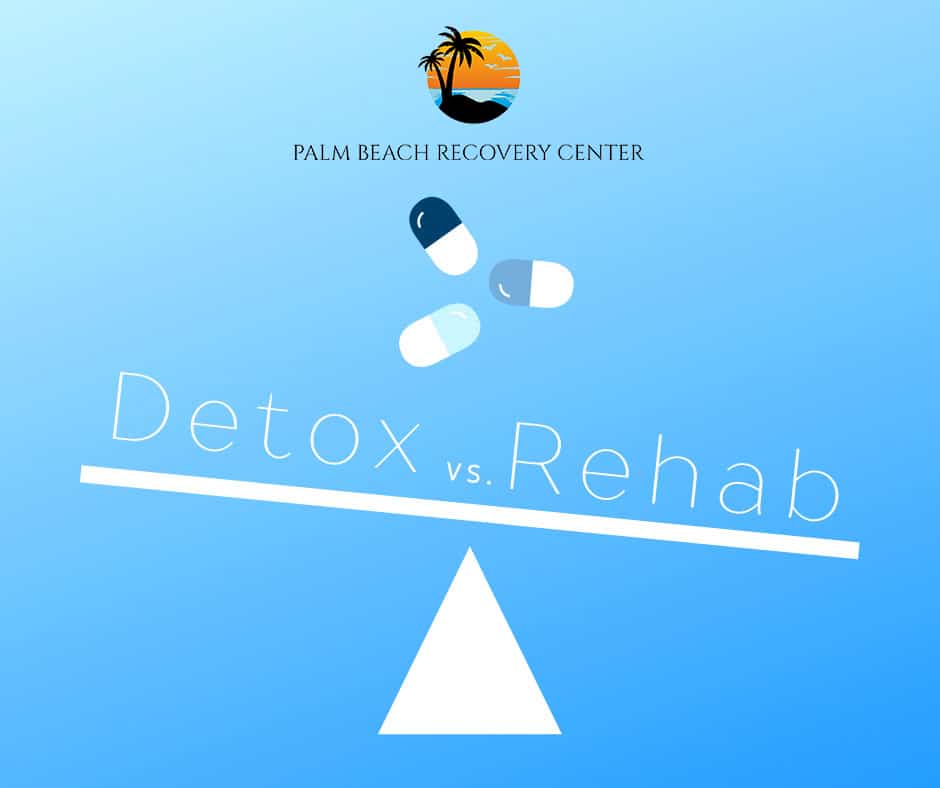
To determine whether you need detox, rehab, or both, you must first examine your substance of choice, usage interval, and the severity of your addiction. It is important to consult a professional addiction treatment specialist to determine the best treatment plan to meet your specific needs.
Please contact us today at 561-567-8252 to learn more about detox and rehab and what our dedicated team of addiction medicine professionals can do to support you.
-


